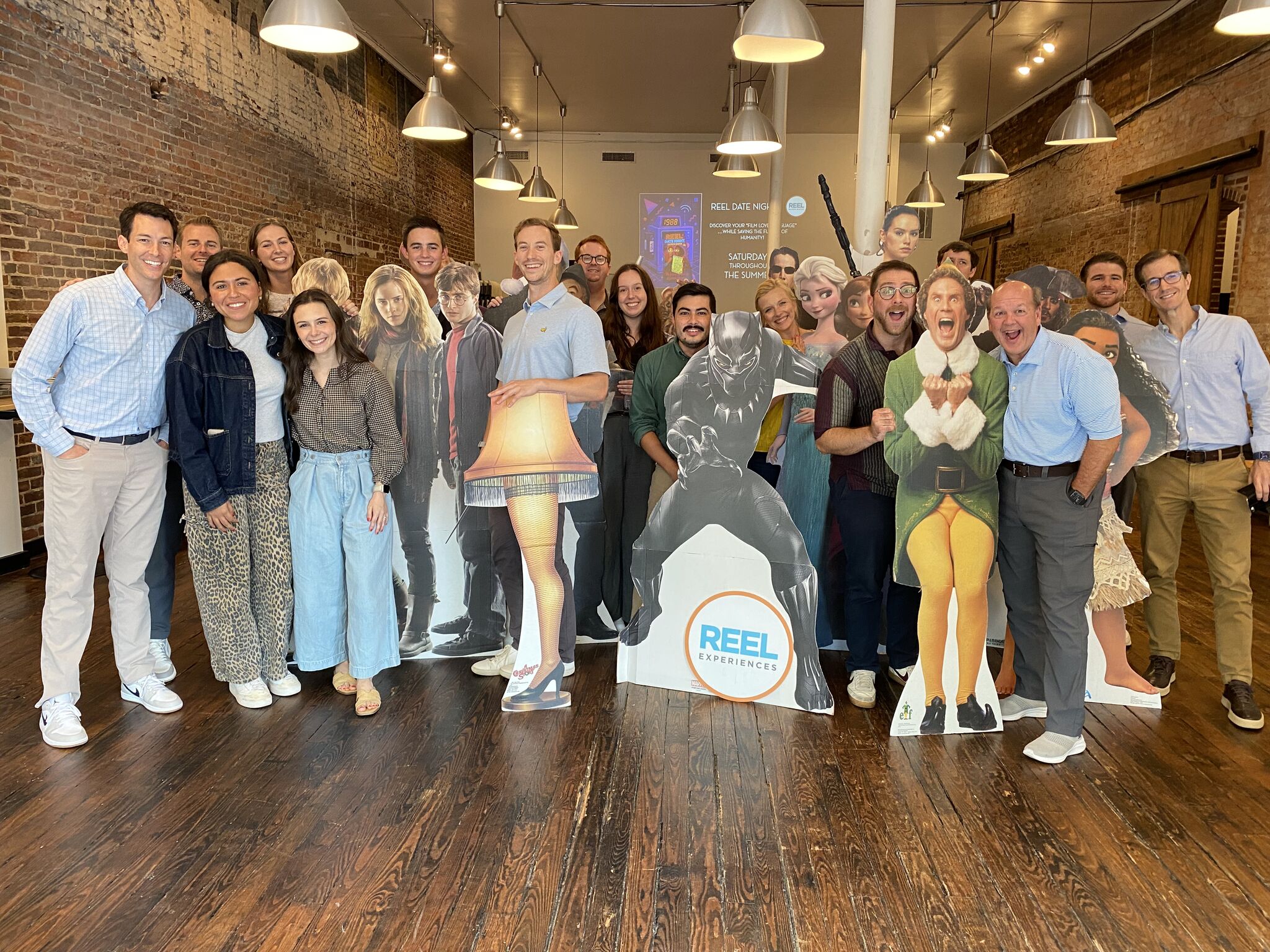Justin Miller is a great friend of mine. Justin is the Co-Founder and CEO of CARE for AIDS, a faith-based nonprofit that works to empower people living with HIV/AIDS in East Africa.
At CARE for AIDS, we have identified six behaviors that we want to define our culture: be healthy, help others win, grow continuously, make it better, take it personally, and stay focused. Today, I want to dig into one of the six—help others win.
Some call this servant leadership, others call it adding value, and others see it as a strategy for better business, but we see it as a way of life. In marriage, ministry, or in the marketplace, you will be the most fulfilled and fruitful when your whole focus is on helping others win. There are so many ways this practice manifests itself both inside and outside an organization, but I want to propose one practice today that has revolutionized our culture.
"The best way to help your organization is to help other organizations." -@jmiller09 @CAREforAIDS
I’m not suggesting you compromise sensitive or proprietary information. Even Chick-fil-A doesn’t publish their chicken sandwich recipe, but they do take everything they know about leadership and give it away. Because they believe, as Bill Hybels says, “Everybody wins when leaders get better.”
One way we have tried to live this out at CARE for AIDS is by encouraging our team to serve with other nonprofits. We’ve hosted strategy sessions, served on boards, participated in short-term service trips, and helped with community clean-ups. It has always been my conviction that other organizations are our partners in this work to alleviate human suffering, not our competitors, and that the more we can engage in the work others are doing, the better we will be in our own work.
There are five specific ways I think engaging in good work outside of CARE for AIDS has helped my team over the years:
1. Maintain a Kingdom perspective.
We cannot forget that we are not the only organization doing work to bring healing and restoration to this broken world. If we become too consumed with the specific work of CARE for AIDS, we can begin to see other organizations as competitors instead of cooperators in our common pursuit. If people and communities get better, it doesn’t matter who gets credit.
2. Expand our world.
From learning to scuba dive to running our first marathon to climbing Mt. Kilimanjaro, my dad was relentless in making sure we were having new experiences that were expanding our world. By doing so, he believed we would continue to increase our capacity for creativity and original thought—I couldn’t agree more. He equates it to a painter who only has one color on his palette versus a painter who has twenty. By adding more colors to your leadership palette, you can create the masterpiece that your vision demands. These experiences my team has outside of CARE for AIDS make them better equipped to solve the problems we face.
3. Learn what we can do better.
We are not a perfect organization by any means, and we are eager to learn from others about how we can work better, smarter, and faster. Some of the biggest ideas for your organization may be created in organizations other than your own, even those who are smaller or who you deem less effective. As Bill Hybels says, “Armed with enough humility, leaders can learn from anybody.”
4. Teach other organizations.
One of the best ways to learn something is to teach it. When you have to teach something, you work really hard to dissect the idea, understand why it is important, and how to best communicate it. This helps the teacher embrace and execute the principle better. I believe we get better when we are forcing ourselves to teach others the best practices we are learning.
5. Avoid burnout.
Although the work of CARE for AIDS is incredibly fulfilling, it doesn’t mean that it isn’t exhausting. Getting out of the normal routine can refocus and reenergize us. It also reminds us of the things we love and appreciate about our organization and our work.
Whether you are in a nonprofit or for-profit organization, finding a way to serve other organizations is a win-win-win situation. It will benefit you as you get recharged, it will benefit your organization as you are exposed to new ideas, and it will benefit the organization that receives your time and services.
To learn more about CARE for AIDS, visit www.careforaids.org. To read more from Justin Miller, visit www.justintmiller.com.

























.svg)







